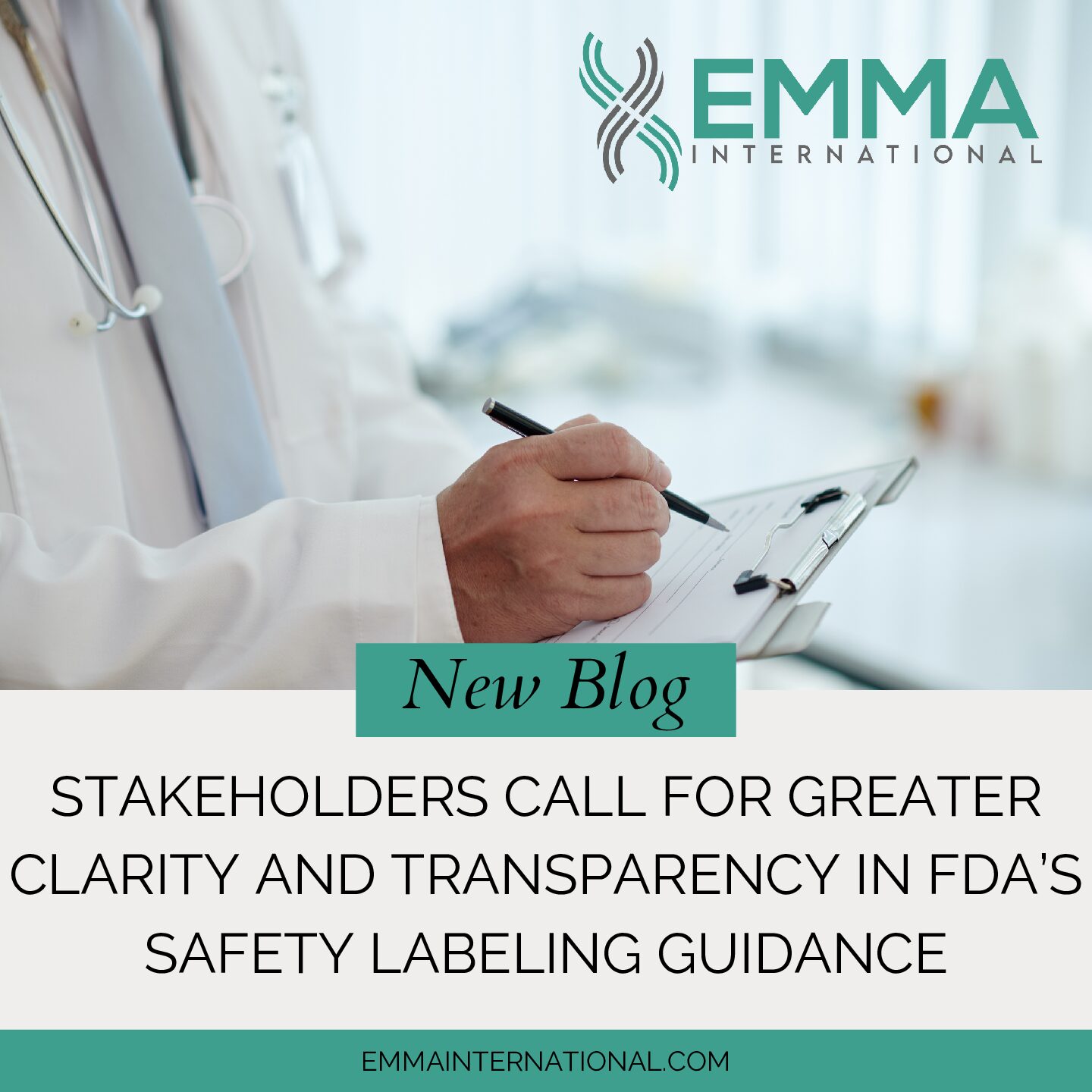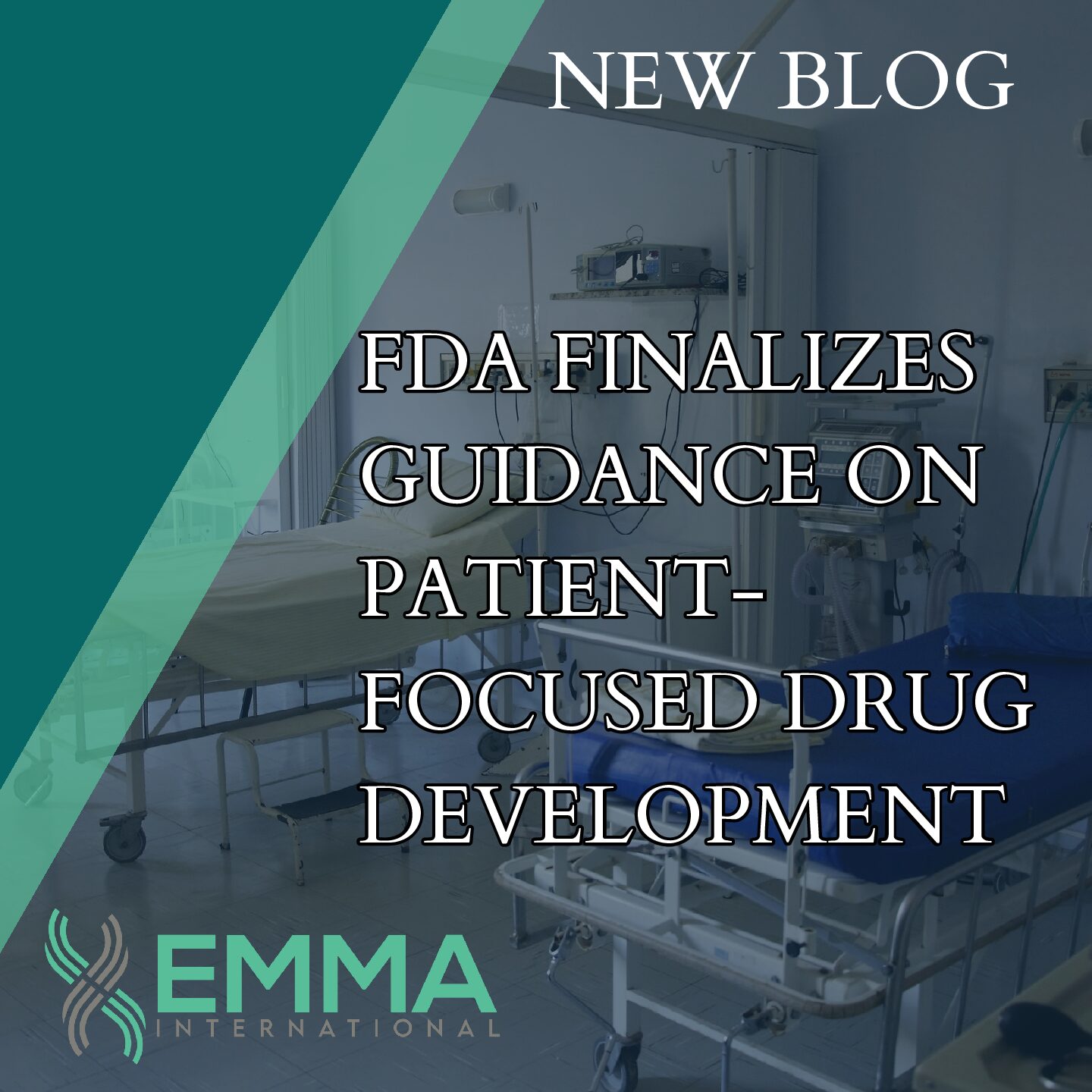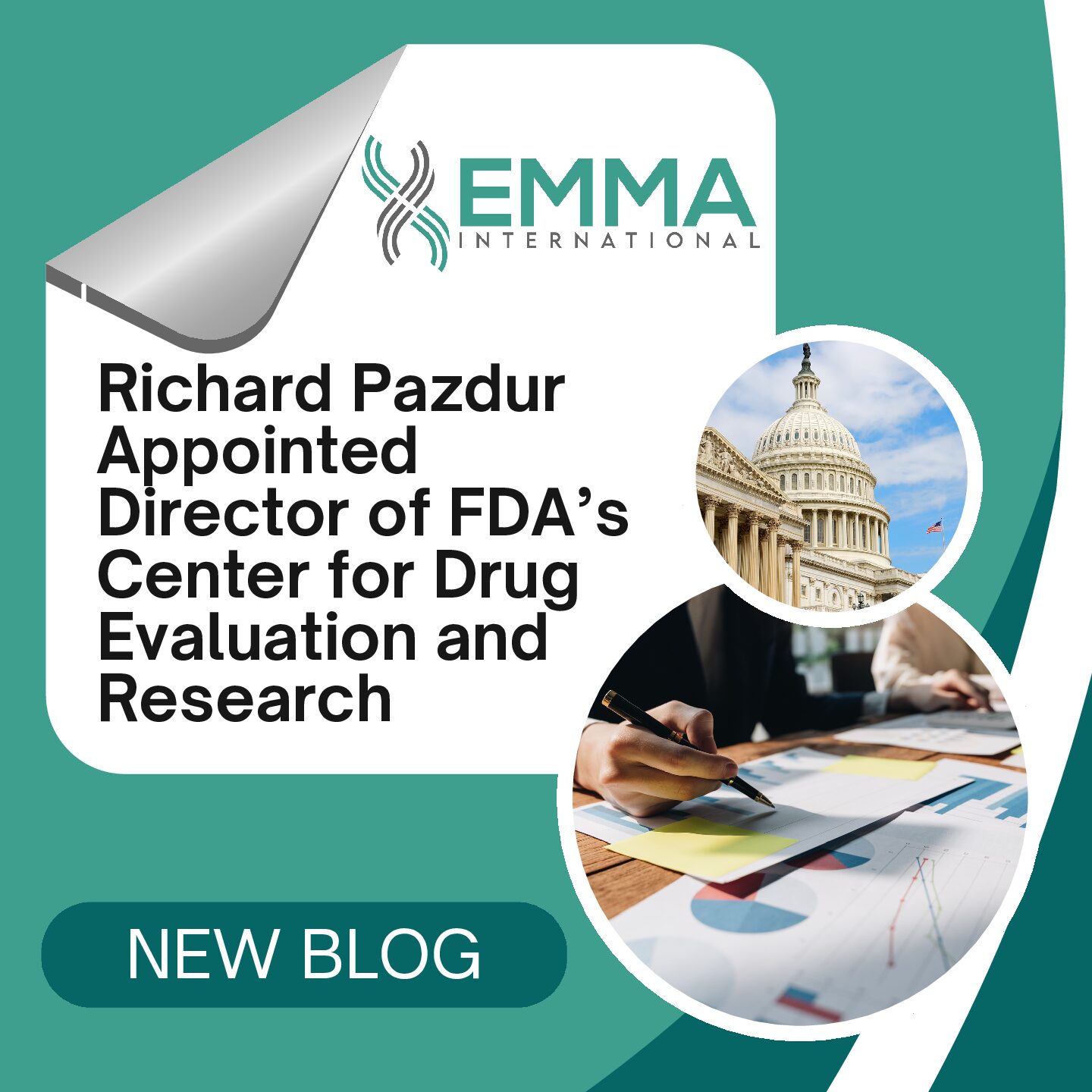The FDA conducts Pre-Approval Inspections (PAI) to assure that a facility can manufacture the intended product and that the submitted application is complete and accurate. The PAI will evaluate a drug manufacturing facility’s production capability and establish whether the applicants’ manufacturer can adequately produce and sell the product it is applying for commercially. Manufacturers named for the first time in a new drug application (NDA), an abbreviated drug application (ANDA), a biologics license application (BLA), or a premarket approval application (PMA) are subject to PAIs.
A PAI may be performed at any facility listed in the application, such as active pharmaceutical ingredient (API) producers, control testing laboratories, and packaging facilities. During a PAI, FDA inspectors evaluate and assess the following at each site:
- cGMP compliance
- Conformance to application
- Manufacturing reliability
- Authenticity and accuracy of data
- Ability to scale-up
- Adequacy of analytical methods
How should a company prepare for a PAI?
Companies should consider executing a mock PAI 6-12 months before the actual PAI, allowing plenty of time to remediate any identified concerns and prepare for the formal inspection.
PAI Readiness Actions:
- Inspection Readiness Training
- Provide site-level guidance to any individuals who could be affected by the inspection. Focus on what to expect, how to cooperate with inspectors, and how to prepare.
- Set up a PAI Readiness Team
- Including people such as quality auditors and relevant management
- Have specific people answer chemistry, microbiology, facility/processing, formulations, suppliers, and quality systems-related questions.
Before the inspection, the PAI readiness team should gather to calibrate and ensure everything is readily available for presentation. During each day of the inspection, the PAI readiness team should meet to examine observations and prepare any requests for the following day after the inspector leaves.
Results of the Pre-Approval Inspection
Following the PAI, the lead investigator will either endorse approval or withhold approval. Recommending approval implies there were no significant issues that surfaced during the inspection. Recommending withholding of approval indicates the site is not entirely cGMP compliant, the submitted information is not accurate or complete, or in line with site records. When approval has been withheld, the company must respond to the stated observations appropriately.
Firms need to realize that the pre-approval inspection is the starting point for all future inspections. Once the application is approved, the facilities are subject to routine inspections. While the FDA uses a risk assessment to determine the regularity of inspections, domestic firms can generally expect an inspection every 2-years, and a business located outside the United States can usually expect to be notified of an approaching inspection.
If you have any additional questions about conducting a PAI or submitting an application to a notified body, experts at EMMA International can help. Contact EMMA International at 248-987-4497 or by email at info@emmainternational.com.





